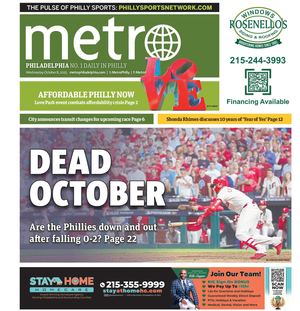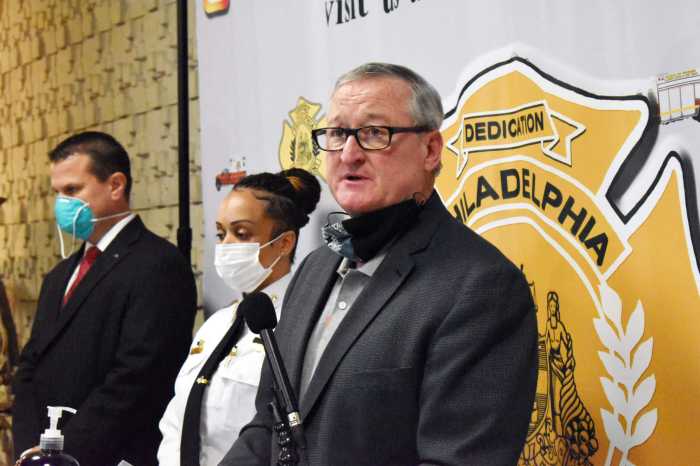City Council’s liberal core is pushing for a new tax on stocks, bonds and other investments that they say will target the richest Philadelphians and help bolster the city’s public services.
Dubbed the “Philly Wealth Tax” and also known as a personal property tax, the measure, which proponents say could raise $240 to $280 million a year, would impose a 0.4% levy, or $4 for every $1,000.
The tax, which is being championed by Councilmember Kendra Brooks, would not apply to bank accounts or retirement funds, such as Roth IRA or 401(k) plans.
According to an analysis by the left-leaning Pennsylvania Budget and Policy Center, residents making less than $112,000 annually are unlikely to pay anything as a result of the change, though the levy would be applied to those in all income brackets.
Philadelphia had a tax on stocks and investments until it was phased out in 1997, and Brooks’s office asserted that the levy would be the first such tax adopted by a large city in decades.
“We have a choice,” Brooks, of the Working Families Party, said Tuesday during a Zoom news conference. “We can choose to have everyone pay their fair share for a fully funded city that we deserve. Or we can choose to allow a handful of billionaires and their friends to get off without paying what they owe to our city.”
While revenue from the tax would not be specifically earmarked, the money would be enough to negate cuts in recent years to the Office of Homeless Services, the Free Library of Philadelphia and the Department of Parks and Recreation, according to Brooks’s office.
The legislation, co-sponsored by council members Helen Gym and Jamie Gauthier, is set to be introduced Thursday, the same day Mayor Jim Kenney unveils his proposed budget for the next fiscal year.
Gauthier said Philadelphia, like many other cities, has “a long and appalling history of redlining and disinvestment” that has disproportionately impacted people of color.
“We need to balance the scales,” she said. “And to do that we need to change the ways that wealth is distributed.”
Brooks released her wealth tax plan a day after President Joe Biden put forward a proposal to enact a minimum 20% income tax on individuals and families worth more than $100 million.
Joining Brooks, Gauthier and community activists on Tuesday’s video call was U.S. Sen. Elizabeth Warren, a progressive Democrat from Massachusetts, who referred to the country’s current tax system as “broken” and “rigged.”
“Taxing the wealth of the ultra-rich will make our tax system fairer,” Warren said. “And it will raise significant revenue — millions in Philadelphia and trillions at the national level.”
An earlier attempt by Brooks to pass a personal property tax in 2020 did not get off the ground, but she believes that circumstances have changed.
“The urgency is different now,” Brooks told reporters. “I think that many elected officials are looking for creative ways to create recovery here in Philadelphia.”
Her bill has support from AFSCME District Councils 44 and 33, unions that represent a wide swath of city workers.
Kevin Lessard, communications director for the Mayor’s Office, said Tuesday that the Kenney administration has “not seen or reviewed the proposal yet and, as such, are unable to comment on it.”
A spokesman for Council President Darrell Clarke said all tax-related legislation is usually considered after the mayor delivers his budget proposal.





























